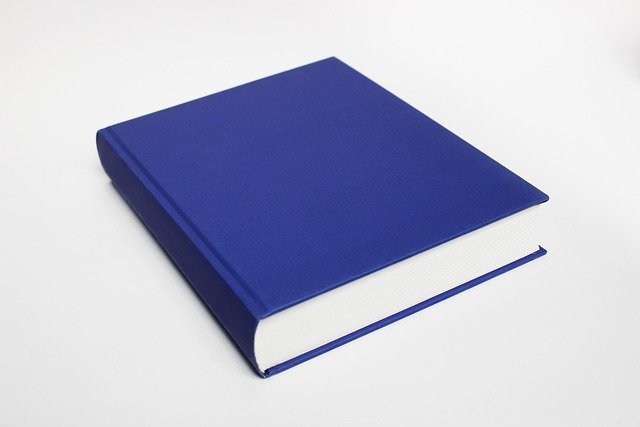Charles Duhigg’s “The Power of Habit: Why We Do What We Do in Life and Business” explores how habits shape our lives and how we can harness their power for personal and professional success. Here are 10 key takeaways from the book, reflecting our point of view and personal interpretation of its content.
- The Habit Loop: Cue, Routine, Reward Duhigg explains that every habit consists of three components: a cue, a routine, and a reward. Understanding this loop is the first step toward transforming bad habits into positive ones.
- Keystone Habits: The Foundation of Success Some habits have the power to influence other aspects of life, known as keystone habits. For example, exercise can improve not only physical health but also productivity, mental well-being, and focus.
- The Power of Small Wins Breaking big goals into smaller, manageable steps can drive momentum. These small wins create a ripple effect, encouraging further positive actions and growth.
- Cravings Drive Habits Cravings are what sustain habits. The anticipation of a reward, like relaxation after a stressful day, fuels the habit loop. Understanding what you crave can help you modify behaviors.
- Changing Habits: Focus on the Routine To change a habit, Duhigg suggests keeping the same cue and reward but altering the routine. This approach allows individuals to substitute bad habits with healthier ones while still satisfying the same craving.
- The Golden Rule of Habit Change Duhigg’s golden rule of habit change states: you can’t extinguish a bad habit, but you can change it. Identifying the underlying patterns helps you create new, more productive routines.
- Willpower is a Muscle Willpower is like a muscle that can be strengthened with practice. By exercising self-control in small areas of life, you build the ability to maintain discipline in more challenging situations.
- The Role of Belief in Habit Change Belief, often fostered by a supportive community or group, is crucial for lasting habit transformation. People are more likely to sustain change when they believe it’s possible.
- How Companies Use Habits to Influence Consumers Duhigg delves into how businesses, like Target or Starbucks, capitalize on consumer habits. By understanding purchasing patterns, companies can subtly guide customers’ behavior for increased loyalty.
- Habits and Personal Freedom While habits can control much of our daily actions, Duhigg argues that once we become aware of them, we gain the freedom to reshape our lives. This awareness is the key to mastering habit formation.
These points reflect our personal interpretation of “The Power of Habit.” If you’re looking to improve your productivity, personal growth, or business strategy, Duhigg’s insights can be an invaluable guide.
